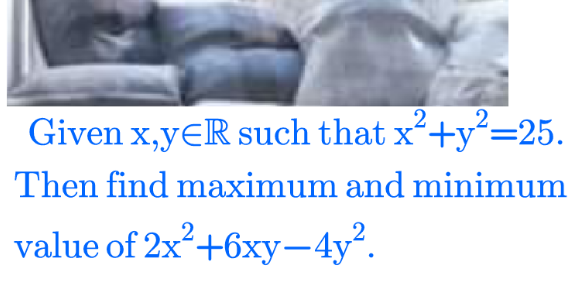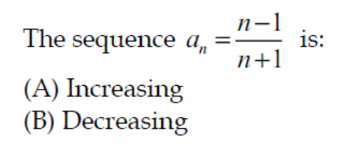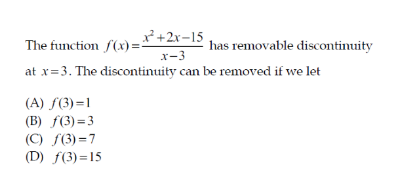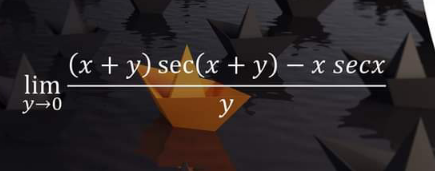
AllQuestion and Answers: Page 673
Question Number 152481 Answers: 1 Comments: 1

Question Number 152478 Answers: 2 Comments: 0

Question Number 152472 Answers: 1 Comments: 0
Question Number 152468 Answers: 1 Comments: 0
Question Number 152464 Answers: 1 Comments: 0

Question Number 152457 Answers: 2 Comments: 0
Question Number 152450 Answers: 1 Comments: 1

Question Number 152447 Answers: 1 Comments: 1

Question Number 152445 Answers: 0 Comments: 1

Question Number 152443 Answers: 0 Comments: 2

Question Number 152441 Answers: 3 Comments: 1

Question Number 152439 Answers: 0 Comments: 3

Question Number 152437 Answers: 1 Comments: 1

Question Number 152435 Answers: 1 Comments: 1

Question Number 152433 Answers: 1 Comments: 1

Question Number 152431 Answers: 0 Comments: 3

Question Number 152429 Answers: 1 Comments: 1

Question Number 153758 Answers: 1 Comments: 0
Question Number 152420 Answers: 2 Comments: 0
Question Number 152418 Answers: 1 Comments: 0
Question Number 152417 Answers: 0 Comments: 1
Question Number 152407 Answers: 2 Comments: 0

Question Number 152396 Answers: 1 Comments: 0
Question Number 152394 Answers: 0 Comments: 7
Question Number 152393 Answers: 2 Comments: 0
Question Number 152388 Answers: 1 Comments: 8

Pg 668 Pg 669 Pg 670 Pg 671 Pg 672 Pg 673 Pg 674 Pg 675 Pg 676 Pg 677
